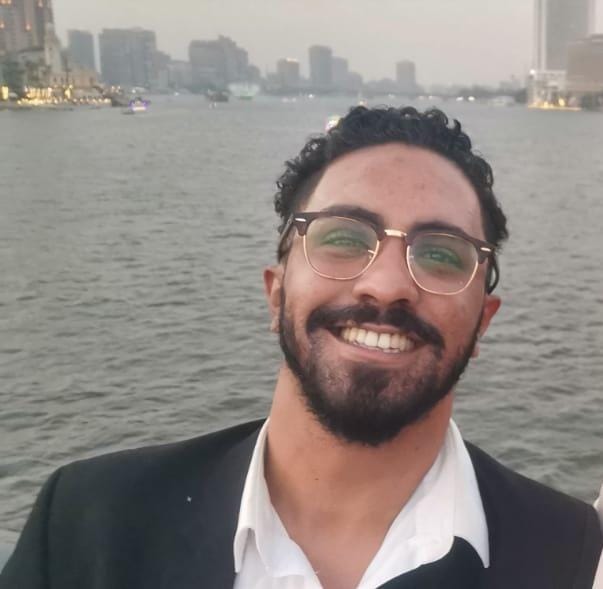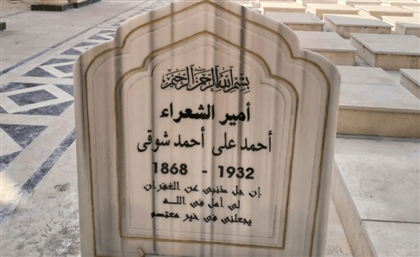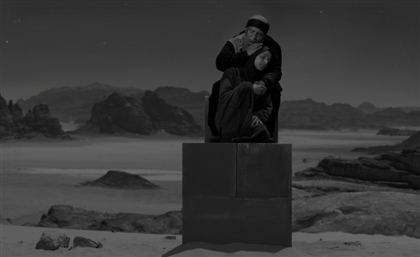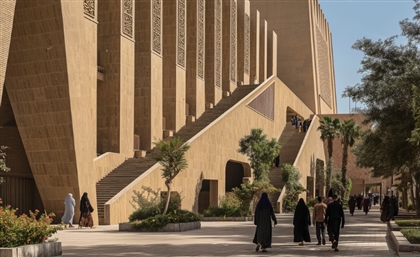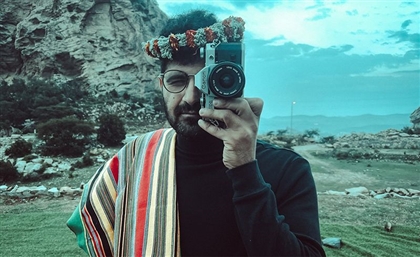Edward Said and Mahmoud Darwish: A Poetic Friendship
The two intellectuals enjoyed a spectacular 30-year friendship, united in the struggle for independence in their native Palestine.
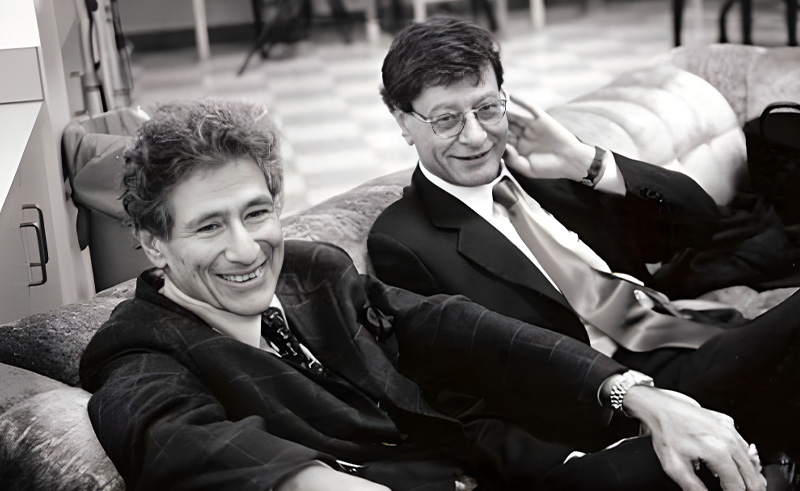
Edward Said and Mahmoud Darwish were two of the most important doyens of the Palestinian cultural establishment. Said, a renowned academic and Darwish, one of the foremost Palestinian poets of his generation formed a notable friendship after their first meeting.
The two shared a similar history, both having been uprooted from their homes during the Nakba, and raising the Palestinian voice in the diaspora through their lifetimes. Said left his native West Jerusalem for exile in Cairo and later the USA, while Darwish’s native village Birwa, in the Upper Galilee, was razed to the ground by the occupying Zionist forces. Darwish would spend his life living in various Arab capitals, including Cairo and Tunis, before settling in Paris. In 1974 Said and Darwish met for the first time in New York. Both respected intellectuals in their own right, the duo would go on to become cultural ambassadors for the Palestinian Liberation Organisation. The two drafted Yasser Arafat’s monumental 1974 speech before the UN General Assembly, with Darwish writing the speech’s Arabic and Said formulating the speech’s formal English translation. The poetic credentials of the speech’s writers came to the fore as the Palestinian leader proclaimed before the world, “I come bearing an olive branch in one hand, and the freedom fighter’s gun in the other.”
In 1974 Said and Darwish met for the first time in New York. Both respected intellectuals in their own right, the duo would go on to become cultural ambassadors for the Palestinian Liberation Organisation. The two drafted Yasser Arafat’s monumental 1974 speech before the UN General Assembly, with Darwish writing the speech’s Arabic and Said formulating the speech’s formal English translation. The poetic credentials of the speech’s writers came to the fore as the Palestinian leader proclaimed before the world, “I come bearing an olive branch in one hand, and the freedom fighter’s gun in the other.”
Both intellectuals would latterly grow disillusioned with the Palestinian political leadership during the PLO’s signing of the 1993 Oslo Accords, with Darwish proclaiming the agreement the death of the Palestinian political establishment and Said labeling it “the Palestinian Versailles”.
Darwish would go on to become the editor of a Cyprus-based literary and cultural journal, Al Karmel, in which Said would frequently publish his academic articles and commentary.
In 2003, Said died after a long battle with leukemia. Darwish elegised his old friend’s life, cultural freedom fighting, and their shared identity as Palestinian emigres in his poem “Tibaq”. “He says: I am from there,
“He says: I am from there,
I am from here,
but I am neither there nor here.
I have two names which meet and part …
I have two languages, but I have long forgotten
which is the language of my dreams.
I have an English language, for writing,
with yielding phrases,
and a language in which Heaven and Jerusalem converse, with a silver cadence,
but it does not yield to my imagination.”
- Previous Article Italian-Palestinian Duo No Input Debuts Eponymous Electro EP
- Next Article Egyptian Embassies Around the World
Trending This Week
-
Dec 23, 2025







